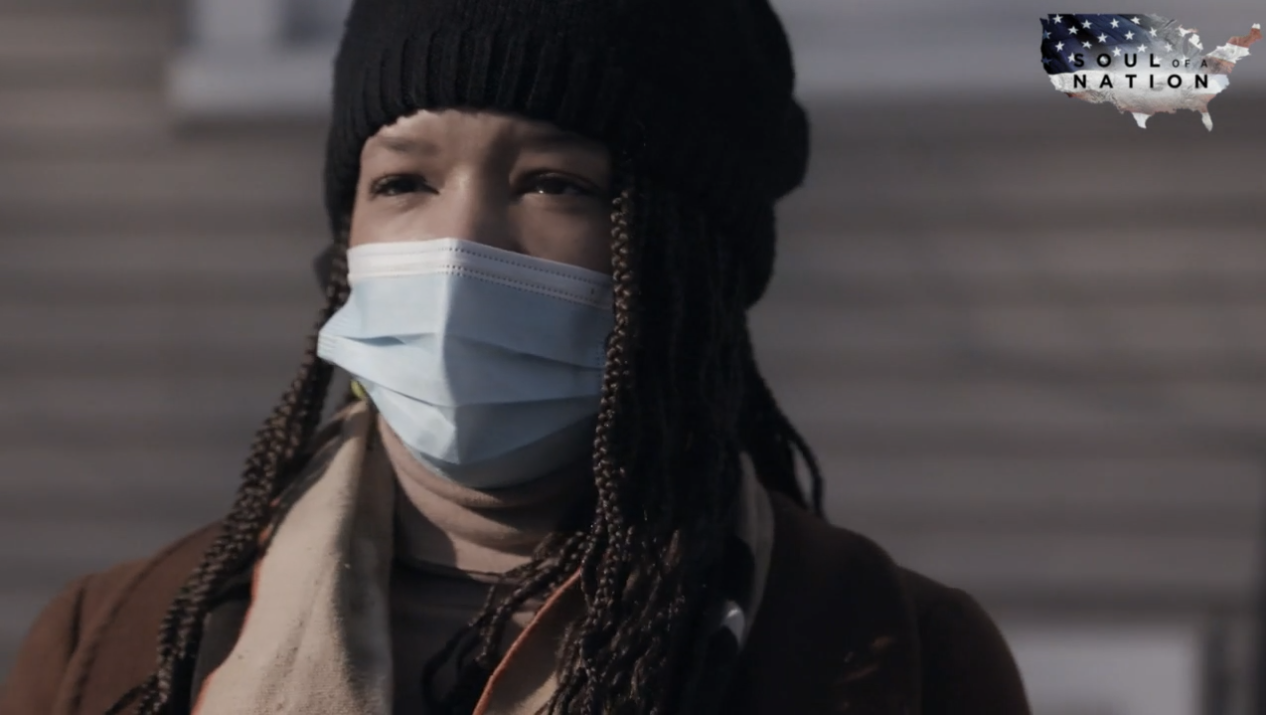Paul Cienfuegos, founding director of Community Rights US introduces this exciting recent news with some thoughts on how revolutionary ideas, such as this and that of Community Rights, always start somewhere before they gain momentum and are folded into cultural norms. See the article below his comments.
Every truly revolutionary idea starts building towards actual realization in a particular place. It always starts locally. The movement to abolish slavery in the US started in Germantown, PA, in 1688 and built from there. The very first significant phase of the American Revolution started in the small Massachusetts town of Worcester in 1774 and built from there.
Evanston, Illinois is becoming the very first ever city in the US to fund reparations for its Black residents, and this movement too will build from there, with more and more communities following in Evanston’s footsteps. That’s how ALL great social movements begin.
The Community Rights movement is no different. If we’re going to adequately tackle the climate emergency, we first need one city or town or county to pass a truly visionary Community Rights ordinance that starts the ball rolling by beginning to prohibit climate-damaging local infrastructure. More communities will quickly follow. Then entire states. YOUR community could be the first! Click HERE to view a sample list of locally enforceable laws that YOUR community could pass to get things going! YOUR community could make history! That’s always how history is made – from the local up! Get in touch! We can help you get started!
~Paul Cienfuegos
How The 1st US City to Fund Reparations for Black Residents is Making Amends
Up to $25,000 per eligible resident for housing will be distributed this year.
This appeared on March 1, 2021 on ABC News.
Evanston, Illinois, is like a lot of American cities. The city just north of Chicago appears picturesque, updated and grand on one side — but not far away, one can see the signs of economic and racial segregation, despite the city’s proud, diverse and liberal reputation.
What sets Evanston apart from other cities, however, is its groundbreaking plan to address the impact of that segregation and Black disenfranchisement: reparations.
The impetus for the city’s reparations resolution, first passed in 2019 and spearheaded by 5th Ward Alderman Robin Rue Simmons, is rooted partially in Rue Simmons’ experience growing up Black in Evanston.
“Early in my childhood I was invited to have a play date,” she recalled. “My white friends never had a play date at my home.”
Visiting a white friend’s neighborhood, she noticed, “the streets were wider. The trees were taller. The homes were bigger and brighter. As a young child, I recognized that difference.”
“I never felt, in any way, envious,” she said. “I never had that feeling like, ‘Why isn’t my family doing better?’ It was obvious that it was the barrier of race that kept us from that.”
Rue Simmons still lives in the ward she represents. She says over time, resources were stripped away from her neighborhood. That, she said, coupled with a lack of investment, led to an ever-increasing wealth gap between white and Black residents in the city…
See the full piece HERE.

